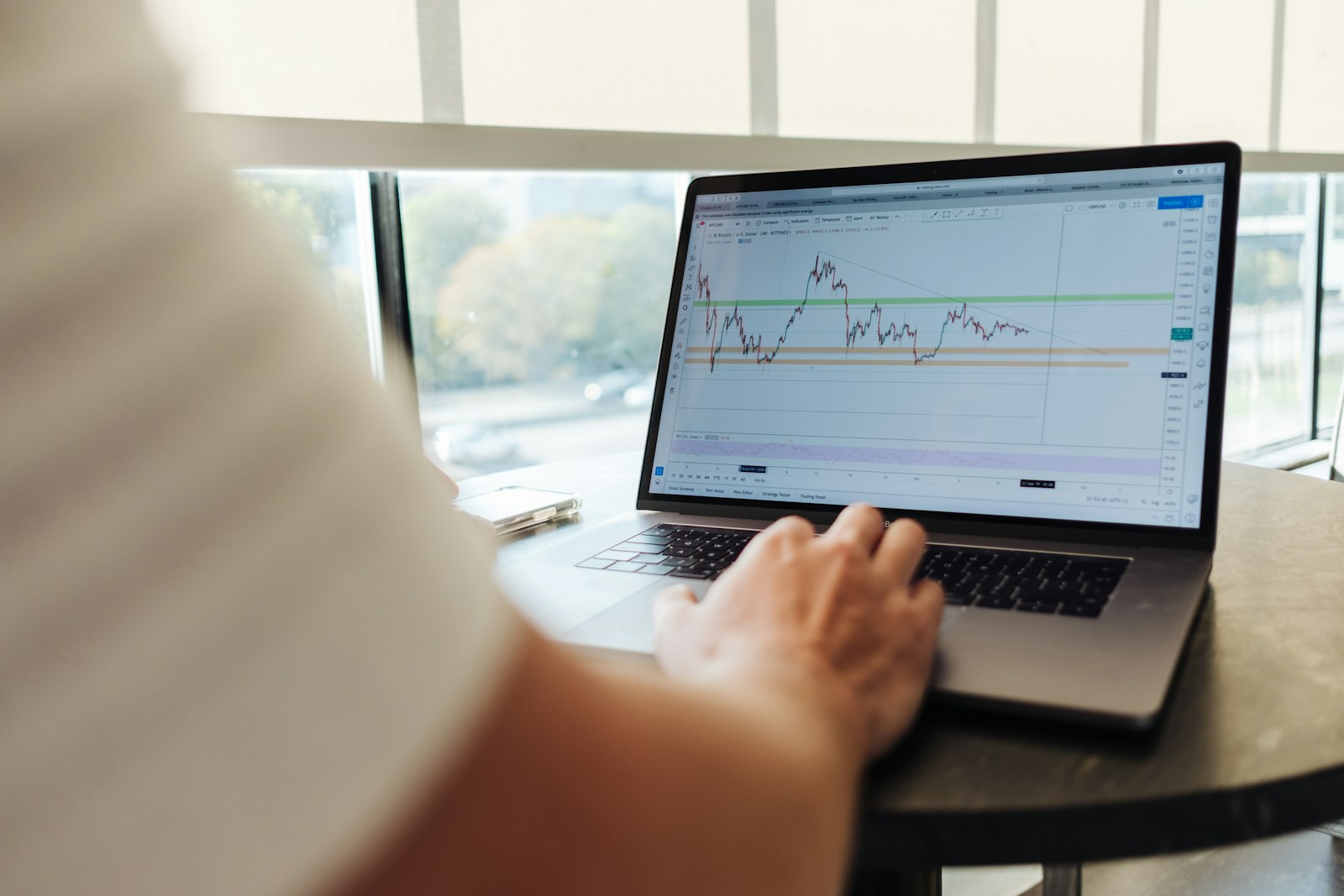Trading in financial markets is not just a test of strategy and skill; it’s a battle of emotions. The ability to stay calm and composed amidst volatility, losses, and uncertainty is what separates successful traders from those who struggle. This mental fortitude is known as emotional resilience.
Building emotional resilience is essential for any trader seeking long-term success. It helps you stay disciplined, recover from setbacks, and navigate the emotional highs and lows that come with trading. In this article, we’ll delve into what emotional resilience is, why it matters in trading, and practical steps to develop it.
What is Emotional Resilience?
Emotional resilience is the ability to adapt to stressful situations, manage emotional responses, and maintain focus and control under pressure. For traders, it means staying composed after losses, resisting the urge to chase profits, and maintaining confidence even during market downturns.
In trading, emotional resilience isn’t about suppressing emotions; it’s about understanding and managing them effectively. Resilient traders acknowledge their feelings but don’t let them dictate their decisions.
Why Emotional Resilience is Critical in Trading
Trading is inherently emotional. The fear of loss, the thrill of winning, and the frustration of missed opportunities can all cloud judgment. Without emotional resilience, traders may fall into common psychological traps, such as:
- Revenge Trading: Trying to recover losses by taking impulsive, high-risk trades.
- Paralysis After Losses: Hesitating to take new trades due to fear of further losses.
- Overconfidence After Wins: Taking excessive risks after a streak of successful trades.
- Emotional Burnout: Becoming overwhelmed by the constant pressure of trading.
Emotional resilience acts as a buffer against these traps, allowing traders to stay disciplined, focused, and consistent.
How to Build Emotional Resilience as a Trader
Developing emotional resilience takes time and practice. Here are some strategies to help you strengthen your mental fortitude:
1. Accept Losses as Part of the Process
Losses are inevitable in trading, no matter how skilled or experienced you are. Accepting this fact can help you view losses objectively rather than emotionally.
Action Step: Reframe losses as learning opportunities. Analyze what went wrong, but don’t dwell on the outcome.
2. Focus on the Process, Not the Profits
Emotional resilience comes from trusting your trading plan and focusing on consistent execution, rather than obsessing over short-term results.
Action Step: Set performance goals based on following your process, such as adhering to risk management rules or sticking to your strategy.
3. Develop a Pre-Trade Routine
A consistent routine can help you mentally prepare for trading and reduce emotional reactivity.
Action Step: Create a ritual that includes reviewing your trading plan, analyzing the market, and setting intentions for the day.
4. Use Mindfulness and Relaxation Techniques
Mindfulness helps you become aware of your emotions without being controlled by them. Relaxation techniques like deep breathing can help you stay calm under pressure.
Action Step: Practice mindfulness meditation or take a few deep breaths before entering or exiting trades.
5. Set Realistic Expectations
Unrealistic expectations, such as expecting to win every trade, can lead to frustration and emotional turmoil.
Action Step: Remind yourself that trading is a probabilities game and that your goal is to make consistent gains over time, not to achieve perfection.
6. Take Breaks
Trading can be mentally exhausting, especially during periods of high market activity. Taking breaks helps you reset and avoid emotional burnout.
Action Step: Schedule regular breaks during trading sessions and step away from the screen after significant losses or wins.
7. Maintain a Trading Journal
Keeping a journal helps you reflect on your emotional responses to trades and identify patterns in your behavior.
Action Step: Record not only your trade details but also how you felt during and after each trade. Use this information to address recurring emotional challenges.
8. Stay Physically and Mentally Healthy
Good physical health supports mental resilience. Exercise, proper nutrition, and adequate sleep all contribute to better emotional control.
Action Step: Incorporate physical activity into your daily routine and prioritize healthy habits.
The Role of Self-Awareness in Emotional Resilience
Self-awareness is the foundation of emotional resilience. By understanding your emotional triggers and behavioral tendencies, you can proactively manage your reactions.
How to Develop Self-Awareness in Trading:
- Monitor Your Emotions: Pay attention to how you feel during different market conditions.
- Identify Triggers: Recognize the situations or outcomes that cause you to feel anxious, excited, or frustrated.
- Evaluate Your Decisions: Reflect on whether your trades were driven by logic or emotion.
Self-awareness helps you catch emotional responses before they lead to impulsive actions, allowing you to maintain control and stick to your plan.
The Long-Term Benefits of Emotional Resilience
Building emotional resilience is not just about surviving tough times—it’s about thriving in the long run. Here’s how it benefits traders over time:
- Improved Decision-Making: Resilient traders make decisions based on logic and strategy, not emotions.
- Consistent Performance: Emotional control leads to disciplined trading, which is essential for consistent results.
- Reduced Stress: Managing emotions effectively reduces the mental strain of trading.
- Increased Confidence: Resilience builds trust in your ability to handle market challenges.
Conclusion
Emotional resilience is a cornerstone of successful trading. By learning to manage your emotions, recover from setbacks, and maintain focus under pressure, you can navigate the psychological challenges of trading with greater ease and confidence.
Remember, emotional resilience is not an innate trait—it’s a skill that can be developed with practice and persistence. Start by implementing the strategies outlined in this article, and over time, you’ll find yourself better equipped to handle the highs and lows of trading.
In the ever-changing world of markets, it’s not just your strategy that matters—it’s your ability to stay mentally strong and resilient that truly sets you apart.









